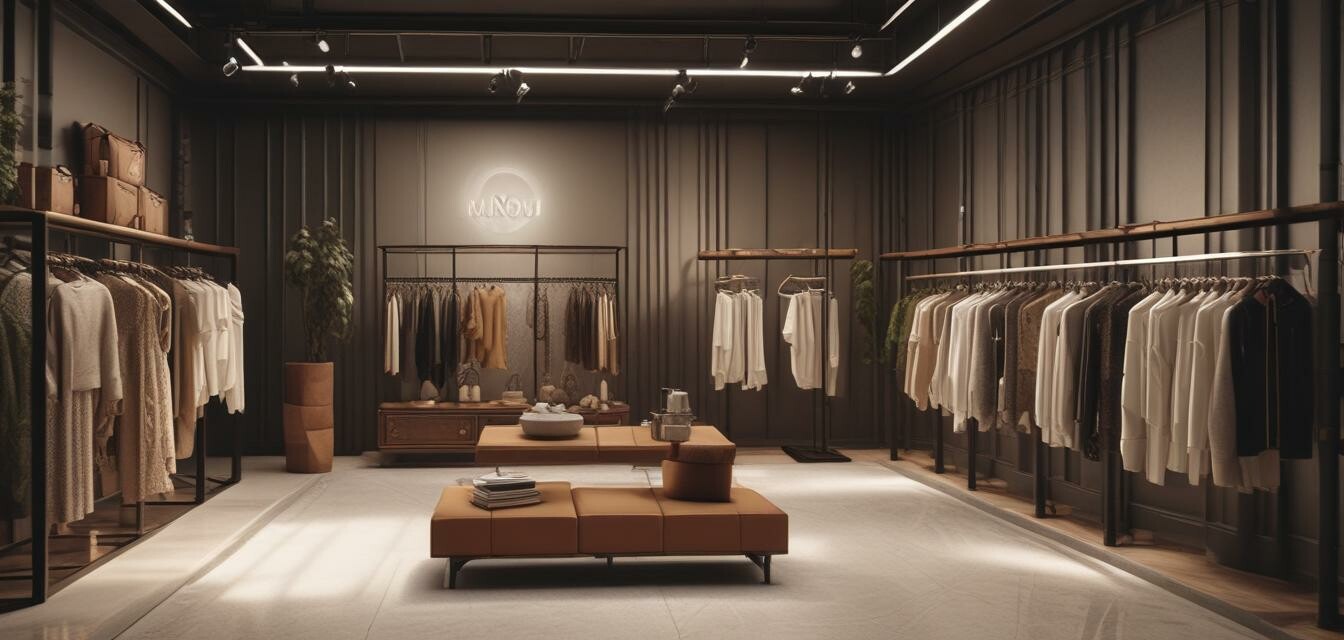
The rise of sustainable luxury in 2025
Key Takeaways
- Sustainable luxury is gaining momentum as consumers become more environmentally conscious.
- Brands are innovating with eco-friendly materials, ethical sourcing, and transparent supply chains.
- 2025 is projected to see increased consumer demand for sustainability in luxury products.
- Shifting consumer values are influencing market trends, making sustainability a key factor in purchasing decisions.
- Understanding the importance of sustainable luxury can empower consumers to make better choices.
As we approach 2025, the landscape of luxury goods is experiencing a profound transformation, driven by an essential trend: sustainability. Luxury brands are now faced with the challenge of not only offering high-end products but also ensuring that these items have a minimal impact on the environment. This shift reflects not only a response to consumer demand but also an evolving understanding of what luxury means in today’s world.
Why sustainability matters in luxury
For years, luxury was synonymous with status, exclusivity, and opulence. However, as awareness around climate change and environmental degradation increases, consumers are reevaluating their purchasing behaviors. Here are some reasons why sustainability is becoming essential in the luxury market:
- Consumer demand: Today's consumers, particularly millennials and Gen Z, prefer brands that demonstrate a commitment to sustainability.
- Brand loyalty: Companies that embrace ethical practices can build strong loyalty among eco-conscious shoppers.
- Innovation: Sustainable luxury encourages brands to innovate, leading to new materials and business models.
Current trends in sustainable luxury
Several notable trends have emerged as brands invest in sustainable practices, influencing consumer perceptions of luxury:
| Trend | Description |
|---|---|
| Eco-friendly materials | Brands are using organic cotton, recycled metals, and biodegradable materials in their products. |
| Ethical sourcing | Companies are ensuring that materials are sourced responsibly, supporting fair labor practices. |
| Transparency | Luxury brands are providing clear information about their supply chains and production processes. |
| Second-hand luxury | The market for pre-owned luxury goods is growing, promoting a circular economy. |
What it means for consumers
Consumers are becoming increasingly aware of the implications of their purchasing choices. Here's what the rise of sustainable luxury might mean for you:
- Investment in quality: Sustainable luxury products often focus on craftsmanship and durability, making them worthwhile investments.
- Support for ethical practices: By choosing sustainable brands, consumers support fair working conditions and environmentally friendly practices.
- Personal values reflected through purchases: Consumers can align their purchases with their values, reinforcing their commitment to sustainability.
The future landscape of luxury goods
As we look forward to 2025, several potential changes could reshape the luxury market:
- Increased regulation: Governments may introduce stricter regulations regarding sustainability in luxury production.
- Emergence of new players: New luxury brands focusing on sustainable practices may disrupt traditional markets.
- Innovation in technology: Advancements in technology could lead to new sustainable materials and production methods.
These changes highlight the necessity for both consumers and brands to remain adaptable, ensuring that luxury remains a symbol of quality, craftsmanship, and responsibility.
Conclusion
The rise of sustainable luxury is not just a trend—it’s a movement that reflects a changing world. As consumers prioritize sustainability in their purchasing decisions, luxury brands are responding by innovating and adapting. By understanding the significance of this shift, consumers can make informed choices that benefit the planet while enjoying the timeless allure of luxury products.
Pros
- Supports environmentally friendly practices
- Encourages innovation in sustainable materials
- Empowers consumers to align purchases with values
Cons
- Higher price points may deter some consumers
- Availability of sustainable options may still be limited
For more insights into luxury trends, check out our blog on News and trends in luxury products. Discover more about luxury fashion and explore how sustainability is reshaping this space. Stay updated on high-end electronics that are not only cutting-edge but also sustainable with our guide on luxury electronics.

